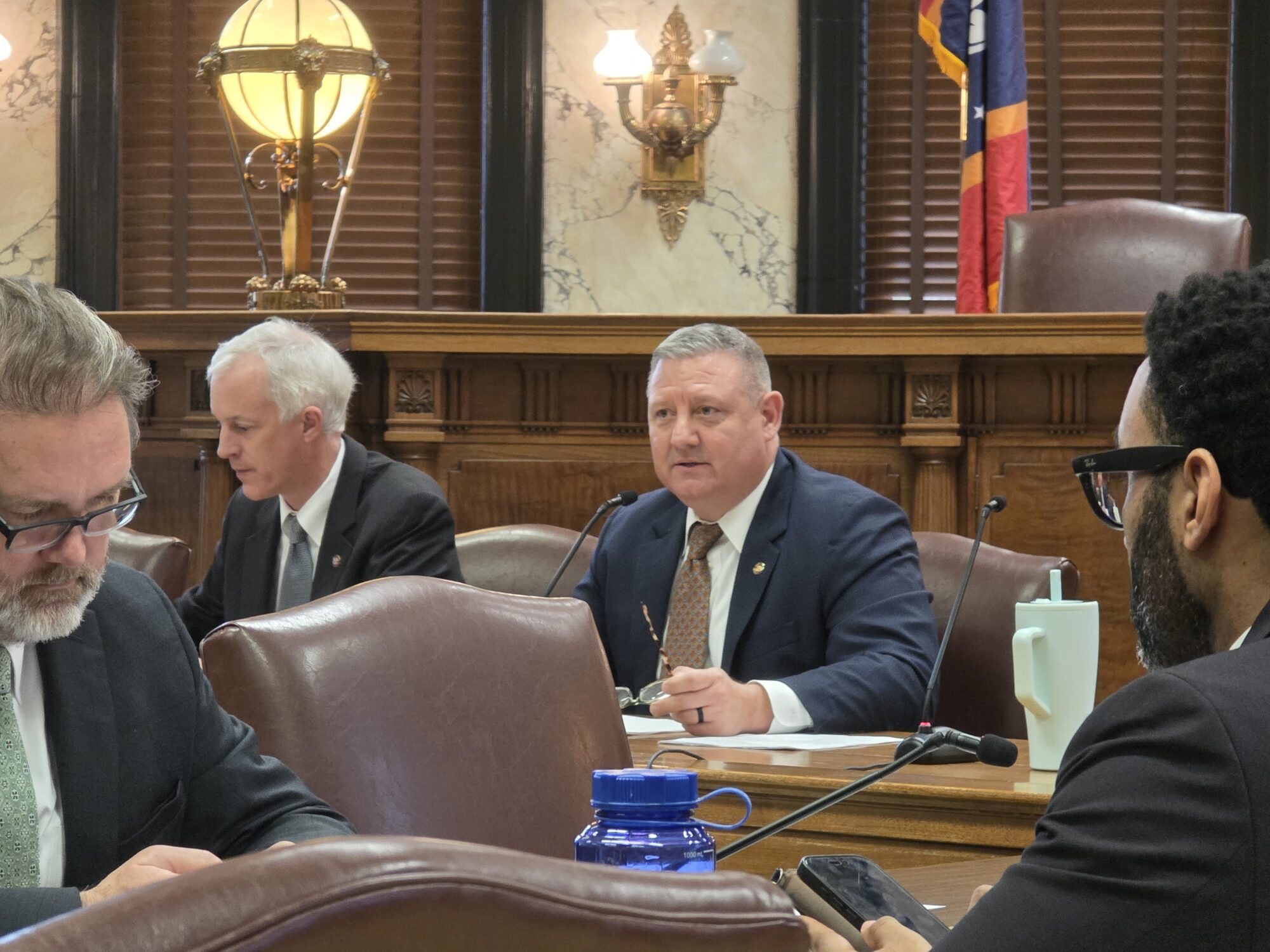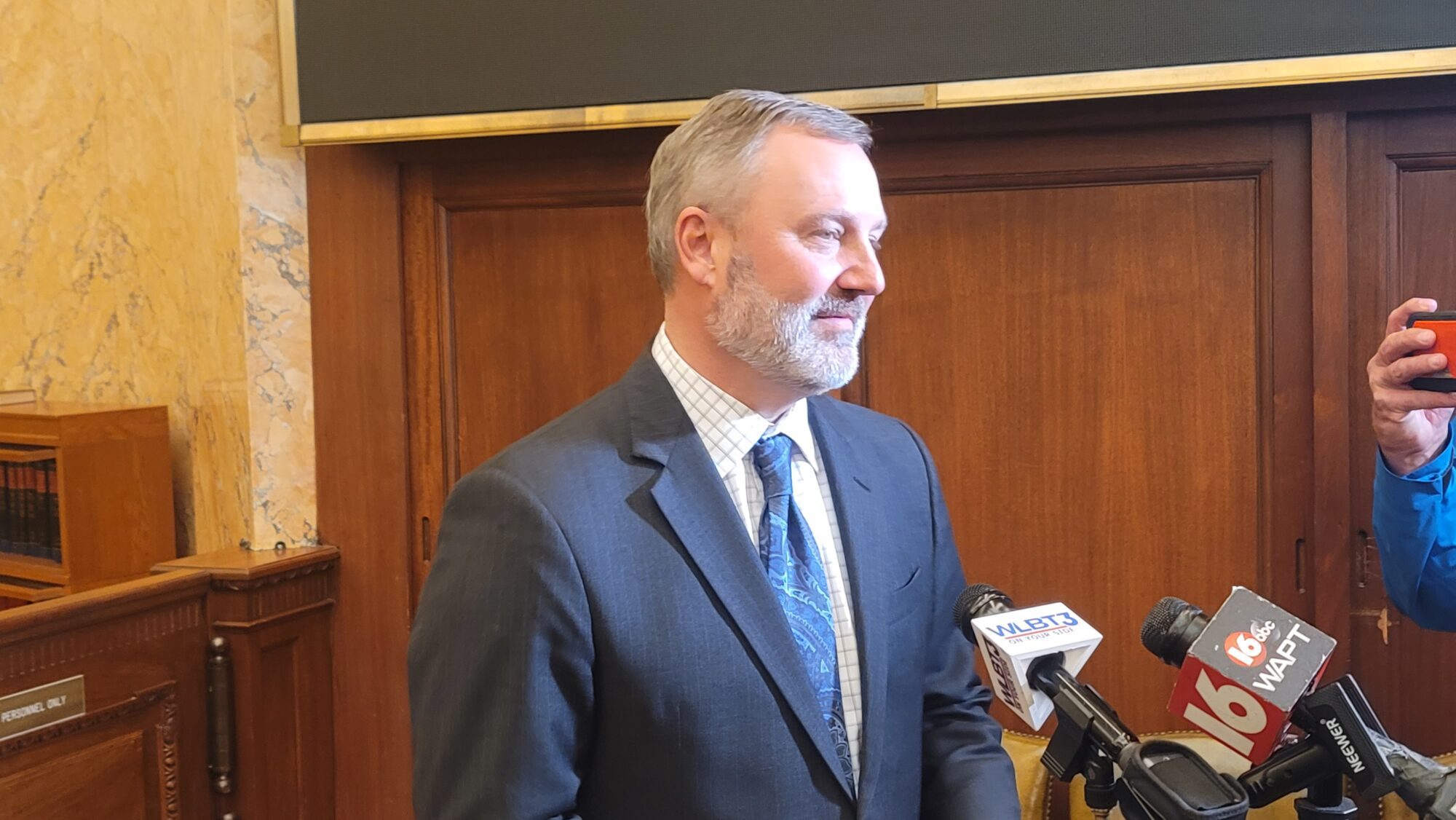
(Photo from Shutterstock)
- Increased rates of infants dying prior to their first birthday prompted MSDH to issue a public health emergency late last month.
The infant mortality rate in Mississippi continues to climb, prompting the Mississippi State Department of Health to issue a public health emergency in late August.
“Too many Mississippi families are losing their babies before their first birthday,” said State Health Officer Dr. Dan Edney. “This is deeply personal to me – not just as a physician, but as a father and grandfather. Every single infant loss represents a family devastated, a community impacted and a future cut short.”
Data from 2024 shows that Mississippi’s rate has climbed to 9.7 percent. The rate is calculated based on the death of a child prior to age 1 for every 1,000 live births. Since 2014, MSDH data shows 3,527 of Mississippi’s infants passed away prior to their first birthday.
“We cannot and will not accept these numbers as our reality. Declaring this a public health emergency is more than a policy decision; it is an urgent commitment to save lives. Mississippi has the knowledge, the resources and the resilience to change this story,” Edney said.
According to data from the Centers for Disease Control and Prevention, Mississippi’s infant mortality rate in 2023 was 8.9 percent, amounting to 304 infant deaths. It was the highest infant mortality rate recorded across the nation that year. Arkansas was next in line with a rate of 8.22 percent, totaling 290 deaths. New Hampshire had the lowest rate that year, at 2.93 percent, or 35 deaths.
MSDH has said the 2025 rates will be released by the CDC later this year.
Leading causes of infant mortality cited by MSDH include congenital malformations, preterm birth, low birth weight and Sudden Infant Death Syndrome (SIDS).
“Improving maternal health is the best way to reduce infant mortality,” Dr. Edney added. “That means better access to prenatal and postpartum care, stronger community support and more resources for moms and babies. Healthy women of childbearing age are more likely to have healthy pregnancies, which in turn lead to healthier babies.”
State Rep. Samuel Creekmore (R), chair of the House Public Health Committee, said infant mortality is one of many health conditions that have and will continue to be considered within the state Capitol.
“We know and we’ve looked at it during session last year, about the issues we have. Healthcare desserts, our lack of OBGYNs, our lack of facilities where mothers can give birth,” Creekmore said. “We looked at midwives, you know we had midwife bills. We looked at obesity, which is a huge problem in pregnancies, and hypertension due to the obesity. So, we are well aware of it and hope to provide some solutions to it in the coming session.”
Some aspects associated with infant mortality are unrelated to pregnancy. Creekmore said advocacy for qualify of life improvements such as in nutrition and diet also play a part.
“The babies are born but they die within the first year, so it’s not always just a pregnancy issue,” Creekmore added.
A multi-pronged strategy is being urged by MSDH to address the matter, and Creekmore said he is working to set a public health committee hearing that will gather more information on how to address it in the coming months.
“Mississippi has the knowledge, the resources and the resilience to change this story. It will take all of us – policymakers, healthcare providers, communities and families – working together to give every child the chance to live, thrive and celebrate their first birthday,” Edney said.
Some of the actions MSDH proposes include increasing the number of community health workers who provide care to mothers and babies, standardizing and regionalizing care for mothers and infants, increasing prenatal care availability through targeted county health departments, and addressing maternal care gaps through partnerships with hospitals and providers.










